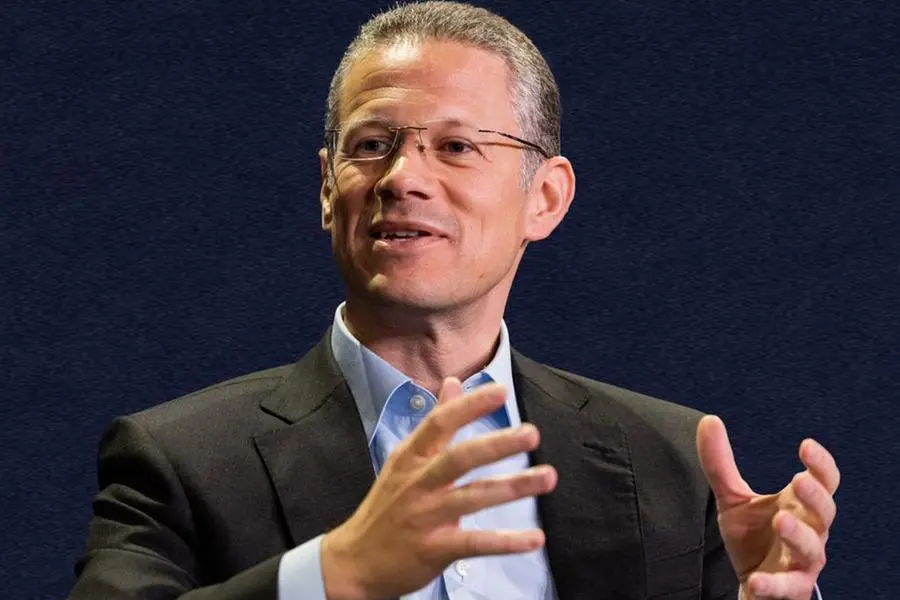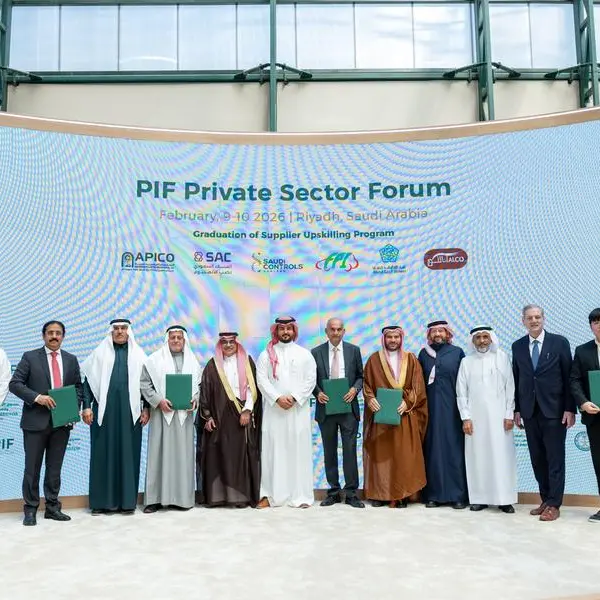PHOTO
- Appeal requirements reached US$48.7 billion in 2022, leaving a critical shortfall of US$33.7 billion.
- Less than 8% of global humanitarian appeals are being met by businesses
Leaders from the humanitarian and climate sectors convened for a summit hosted by the Ditchley Foundation and Oxfam. The meeting, titled 'Still too important to fail – addressing the humanitarian financing gap', brought together social sector strategists, donors, policy leaders and private sector innovators in order to determine funding strategies and opportunities required to address a record funding shortfall to support humanitarian crises which has been further heightened by the Covid-19 pandemic and climate change.
The summit invited a variety of expert input and opinion including from Martin Griffiths, United Nations Under-Secretary-General for Humanitarian Affairs and Emergency Relief Coordinator (OCHA), and Rt Hon Sir Alok Sharma, UK Member of Parliament and President of COP26.
In his opening remarks, Badr Jafar, CEO of Crescent Enterprises and COP28 Special Representative for Business and Philanthropy, stated, “less than 8% of global humanitarian appeals were met by businesses in recent years, which is shameful. That said, if engagement seems too risky, the system seems too complex, and the long-term benefits of engagement are not appreciated, it is perhaps not surprising that many businesses don’t engage. That needs to change, and the widening gap in unmet needs means it needs to change fast.”
Discussions highlighted the growing need for humanitarian aid due to increased global conflict and the ongoing climate crisis, with funding requirements for extreme weather now eight times higher than that of 20 years ago. In 2022, the demand for humanitarian assistance skyrocketed to a staggering 340 million individuals’ – an increase of 300% over the past 10 years. In the same duration, appeal requirements reached US$48.7 billion, leaving a shortfall of US$33.7 billion.
Mr Jafar, who was appointed to the United Nations Secretary General’s High-Level Panel on Humanitarian Financing, and is a member of the Board of Overseers of the International Rescue Committee (IRC), emphasised that “there is a false perception that humanitarian aid is a one-way street for businesses. Businesses need to start identifying with the business imperative of building resilient communities. It is in the long-term commercial interests of business overall to improve the safety, security and stability of fragile communities. Investing in disaster preparedness is a relatively cheap medium-term investment in the resilience of local communities and the durability of their economies.”
According to the International Rescue Committee, climate change is among the key factors accelerating humanitarian emergencies, despite the fact that the 20 countries on its emergency watchlist - like Haiti and Afghanistan – collectively contribute less than 2% to global CO2 emissions.
During the summit, various senior leaders joined Mr Jafar in sharing their experiences and thoughts on new forms and sources of finance, structural reform, public-private partnerships and innovative financing arrangements to guarantee that no one is left behind in the humanitarian response. A focus on enhanced delivery through localised funding, flexible financial aid, scaled-up cash-based programming and improved transparency and accountability mechanisms were proposed to help close the humanitarian funding gap.
Mr Jafar concluded, “Addressing the humanitarian crisis is a collective responsibility that calls for diverse strategies and partnerships, and it is essential that we bridge the trust divide between the business and the humanitarian sectors. By leveraging the resources, skills, and networks of the business sector, we can find innovative solutions, improve aid delivery, create jobs, and enhance transparency and accountability. Only through such concerted efforts can we bring about the lasting, and long-overdue, change that the most vulnerable on this planet yearn to see.”
The summit is anticipated to create a roadmap for forthcoming collaborations and efforts between organisations worldwide, in order to see long-term sustainable solutions implemented to address the humanitarian funding gap.
About Crescent Enterprises
Crescent Enterprises is a leading multinational company, growing diversified global businesses that are sustainable, scalable, and profitable. Headquartered in the United Arab Emirates, with business operations in 15 countries, the business operates under four enterprise platforms:
- CE-Operates, an operating business platform, focusing on smart infrastructure as the main driver of economic development and growth
- CE-Invests, a strategic investment platform investing in late-stage businesses and private equity funds
- CE-Ventures, a corporate venture capital platform targeting early-stage technology-enabled high-growth businesses and venture capital funds globally
- CE-Creates, an internal business incubator, building start-ups that are socially and environmentally conscious
Crescent Enterprises operates with a value system and culture that embraces corporate governance, inclusive growth, and responsible business practices.
http://www.crescententerprises.com
Follow Crescent Enterprises on LinkedIn
Follow Crescent Enterprises on Twitter




















